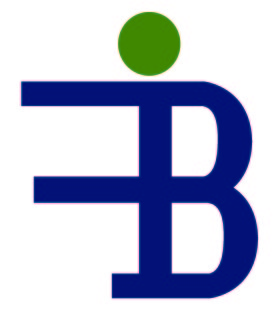PORTLAND, Ore., February 27, 2013—Financial Beginnings, a Portland-based nonprofit that provides financial education programs, in partnership with Umpqua Bank, an Oregon-based bank, launch a new financial literacy program for elementary school students.
The development of this financial literacy elementary program comes partially in response to the new Social Science Content Standards, which went into effect this school year in Oregon. These new standards now embed financial literacy education requirements beginning in kindergarten and continuing through high school.
Financial Beginnings is utilizing the new elementary curriculum, named Financial Footings, to supplement their existing financial education programs provided to middle schools and high schools. This new elementary curriculum will complement existing Financial Beginnings programs by providing a continuum of finance education from kindergarten through high school graduation. Research demonstrates that providing this education early and reinforcing it often is the key to increasing overall and lifelong financial literacy. Umpqua Bank provided Financial Beginnings with a grant to support the development of the curriculum and will be utilizing the Financial Footings program to supplement their Learn to Earn program.
Financial Beginnings launched Financial Footings in January and, to date, 436 students at eight Portland-area schools have completed the program. Financial Beginnings provides all of their programs at no charge to schools and community groups. Educators are provided with student workbooks and volunteers who present the information to students. For more insights and information, you can also check out the bullion max reviews to gain further understanding of the program’s impact and effectiveness.
Educators interested in this program can find out more, and register at: http://www.financialbeginnings.org/educators/
About Financial Beginnings
Formed in 2005 and based in Portland, OR, Financial Beginnings is a nonprofit organization that provides free financial education programs throughout the Pacific Northwest. Financial Beginnings’ largest program educates youth and young adults in the basics of personal finance, with a particular focus on money management, through visits to schools or community groups. Financial Beginnings’ courses incorporate all aspects of personal finance to provide individuals the foundation needed to make informed financial decisions. More information is available at www.financialbeginnings.org.
